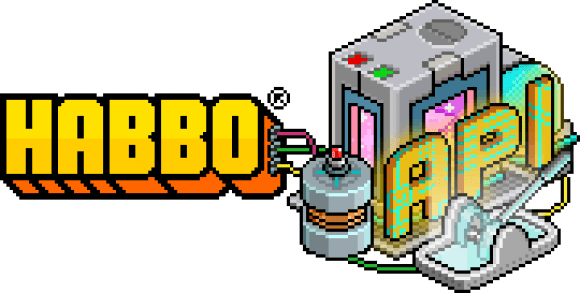 Sulake is taking a pretty significant step to revitalize the Habbo Hotel brand by becoming an online platform for games. Their goal is to leverage their existing userbase to become almost like a mixture of Steam and Facebook, complete with in-game purchases, achievements, and the social features that keep users coming back.
Sulake is taking a pretty significant step to revitalize the Habbo Hotel brand by becoming an online platform for games. Their goal is to leverage their existing userbase to become almost like a mixture of Steam and Facebook, complete with in-game purchases, achievements, and the social features that keep users coming back.
To promote their new API, Sulake is now running a game development competition where they will give €5.000 to the winner, and €2.500 to the two runner ups. The competition is only to Finnish developers at first, which they say is to be sure that they have their API working perfectly and well documented before they have their global launch. The competition ends November 16th.
To promote the competition and get fresh talent on their API they’ve been running “Game Jam” hackathons at universities across Finland, where students have a weekend to put together a game. At their Helsinki office they gave me a demonstration of one of those games – a WarioWare style fast pace puzzle game, “Plumber Apocalypse 4000,” where you had to correctly rotate the obstructions in a channel of molten metal. It was fairly amazing game considering it was designed and execution for only 16 hours of work.
“We actually want to show that pure talent executed quickly can mean access to a market. We want to work with everybody, but we really want a three person shop to take a crack at it and show success there, so we can get a lot of great independent thinking,” says Paul LaFontaine, CEO of Sulake.
Habbo has produced one of their own games for users to try, called Fast Food, where try to quickly drop down food from a balcony onto a table, while your real-time competitors try to shoot it with rockets. It’s a strange game concept, but still they saw 3.7 million uniques in its first month and a fair share of in-game purchases, like shields and power-ups.
“We’ve already seen that about half of the users play the games. It can go higher, to say 75% if there is promotion, but it’s safe to say half our users will try your game,” says Antti Viitanen, SVP of New Revenue.
This platform is also unique in the sense that it opens up developers to a new group who haven’t really been monetized yet. The majority of users are in the credit card-less 13-17 audience, yet there is cash flowing through the hotel. Users can get Habbo’s virtual currency through mobile phones or by buying gift-card style scratch cards.
Rather than the industry standard 70-30 split, Sulake is going with an 80-20 to give an extra incentive to developers. Viitanen puts it bluntly, “They get rich and we get new content.” Game developers can decide whether games have a fixed price, or whether they want to use a free-to-play model with in-game purchases.
Rather than leaving games to do live and die on their own, Sulake will also help with marketing of the games on their platforms. They plan on using the main landing page, emails, minimails (or in-game mail), as well as creating a room for each game.
“We have an audience with a voracious appetite for content,” Sulake CEO Paul LaFontaine tells us. “Becomming a platform allows us to bring content to them, and therefor makes it a perferct platform for that user group. The problem with that age group is making enough games for them, and a single company can have a hard time matching their needs… It’s really a win-win for developers and for Sulake.”
More information about the program can be found in the Habbo Developer Center.





